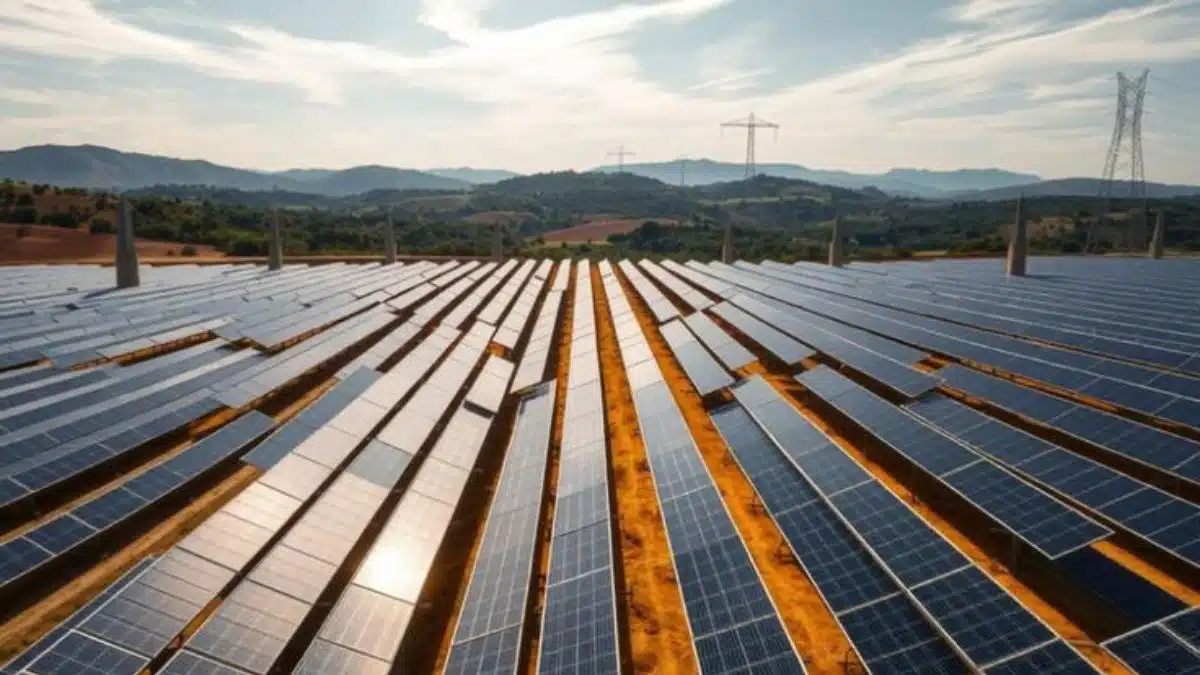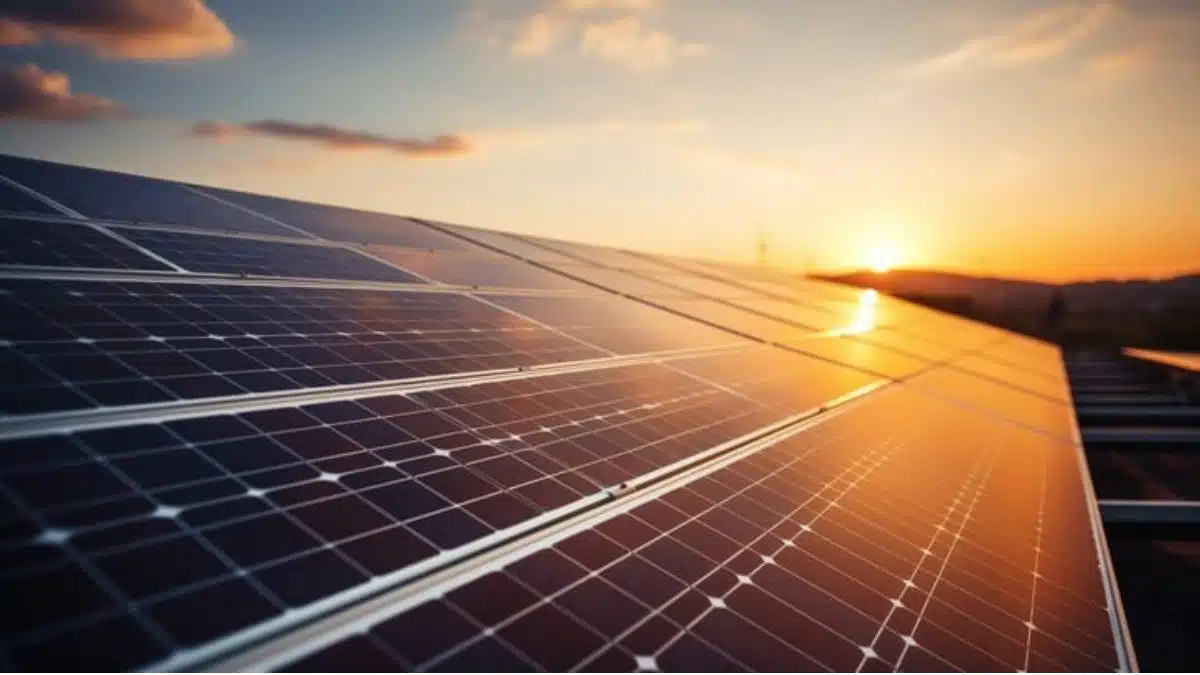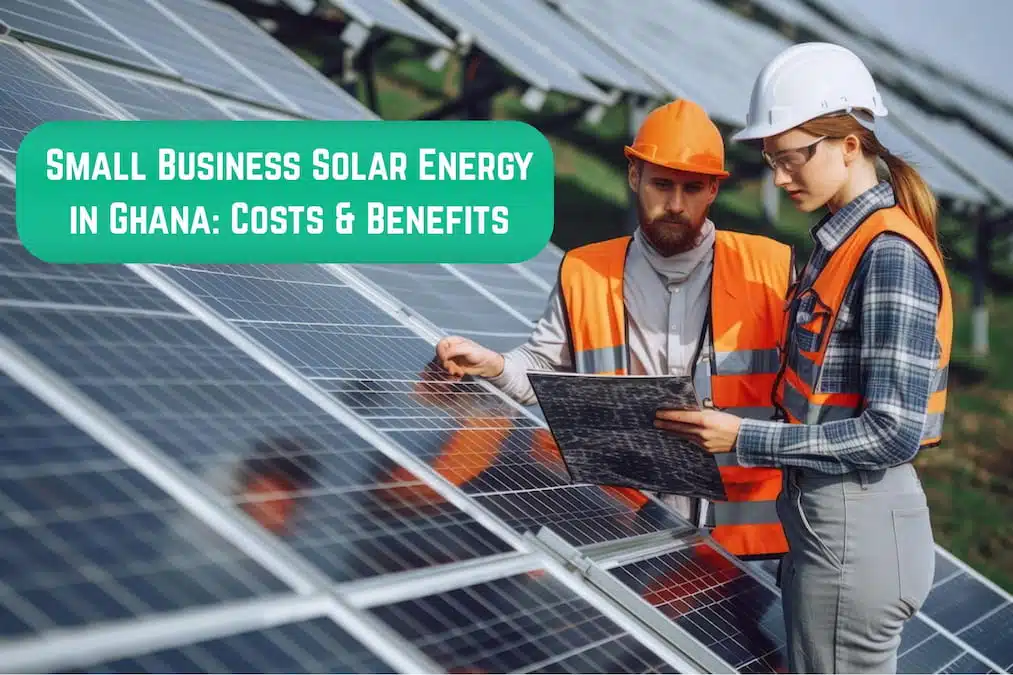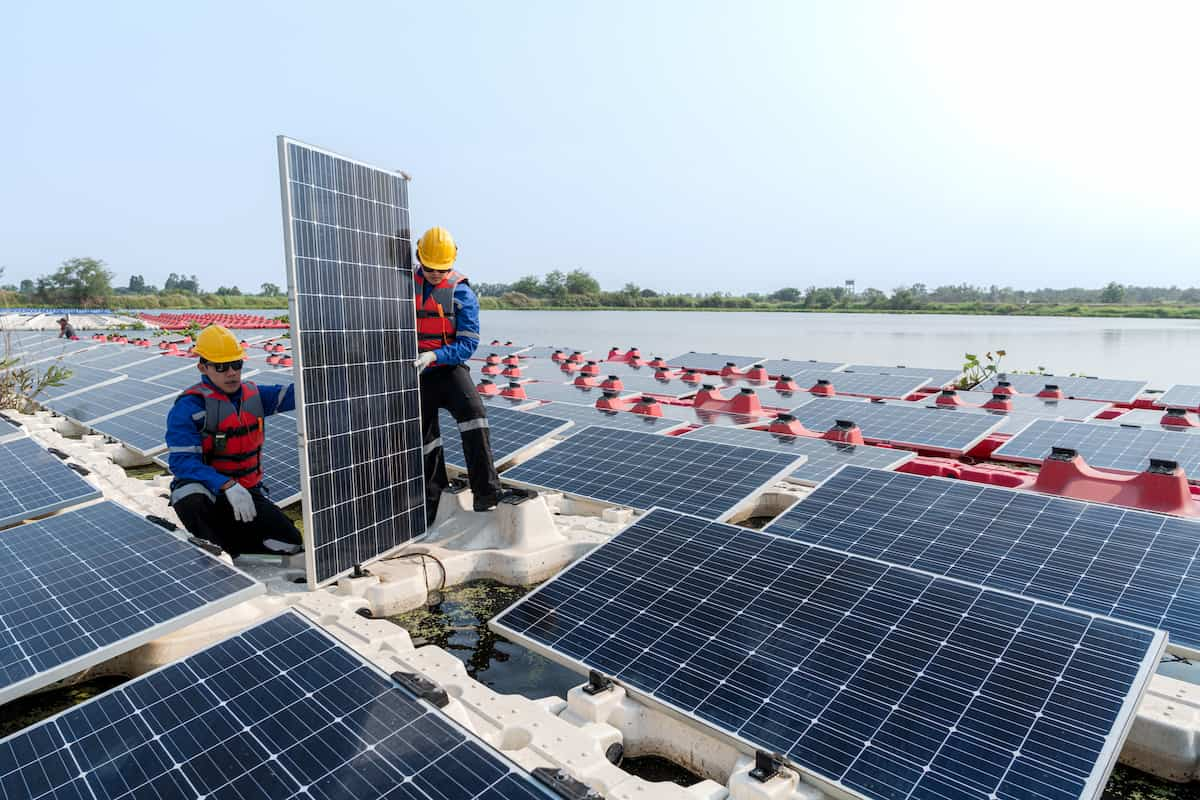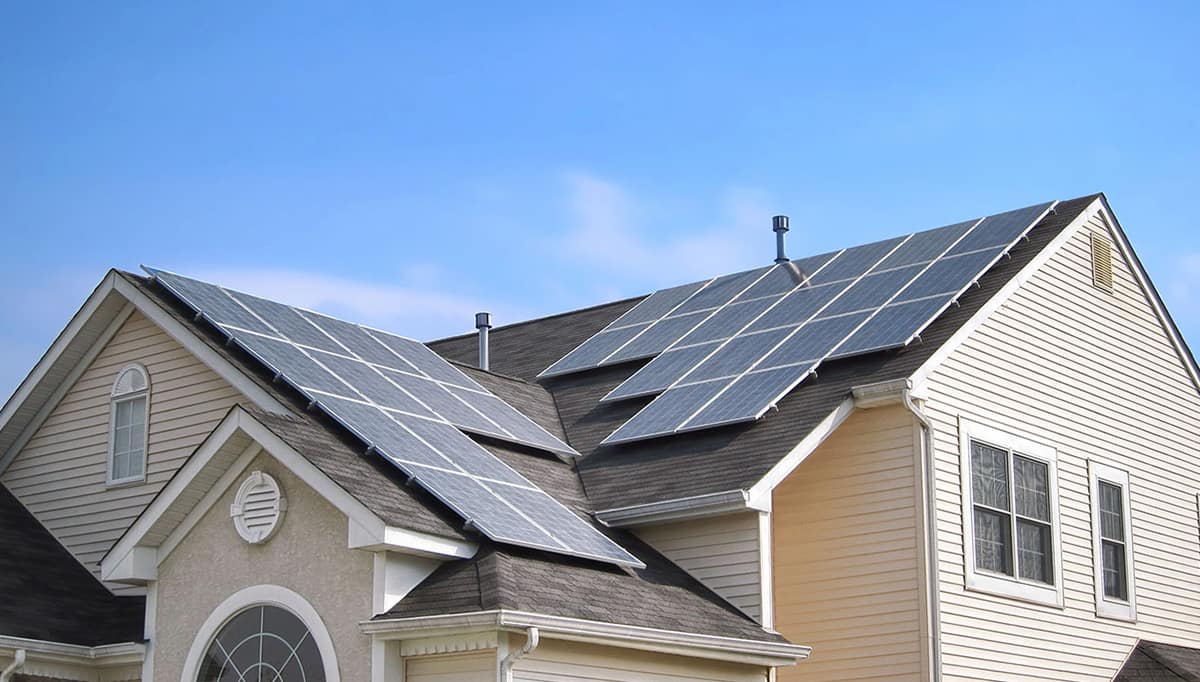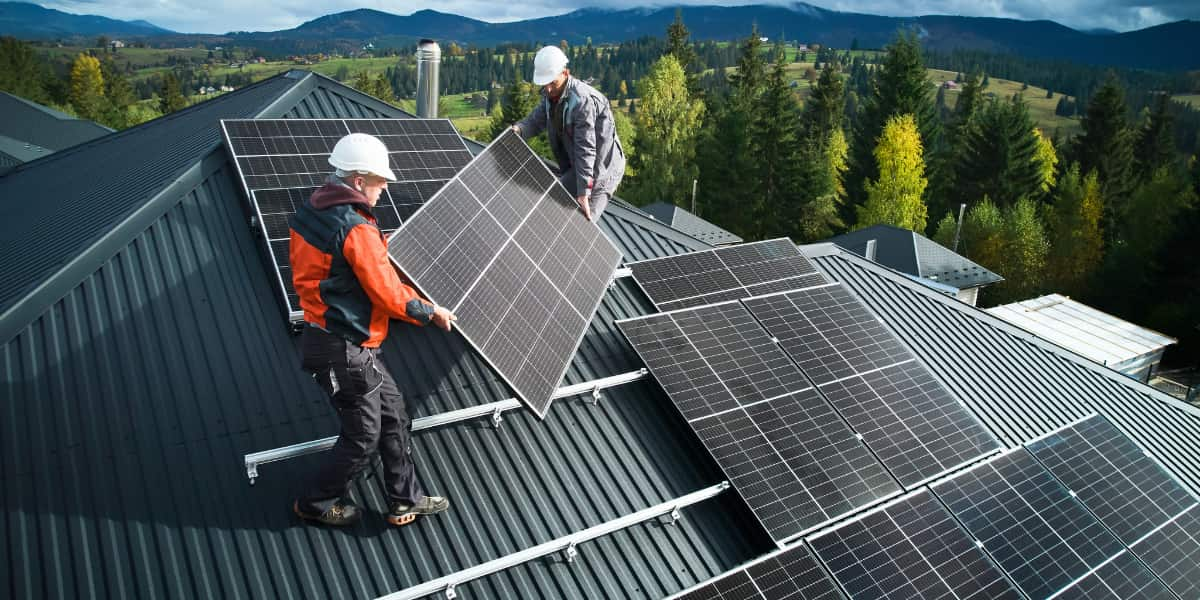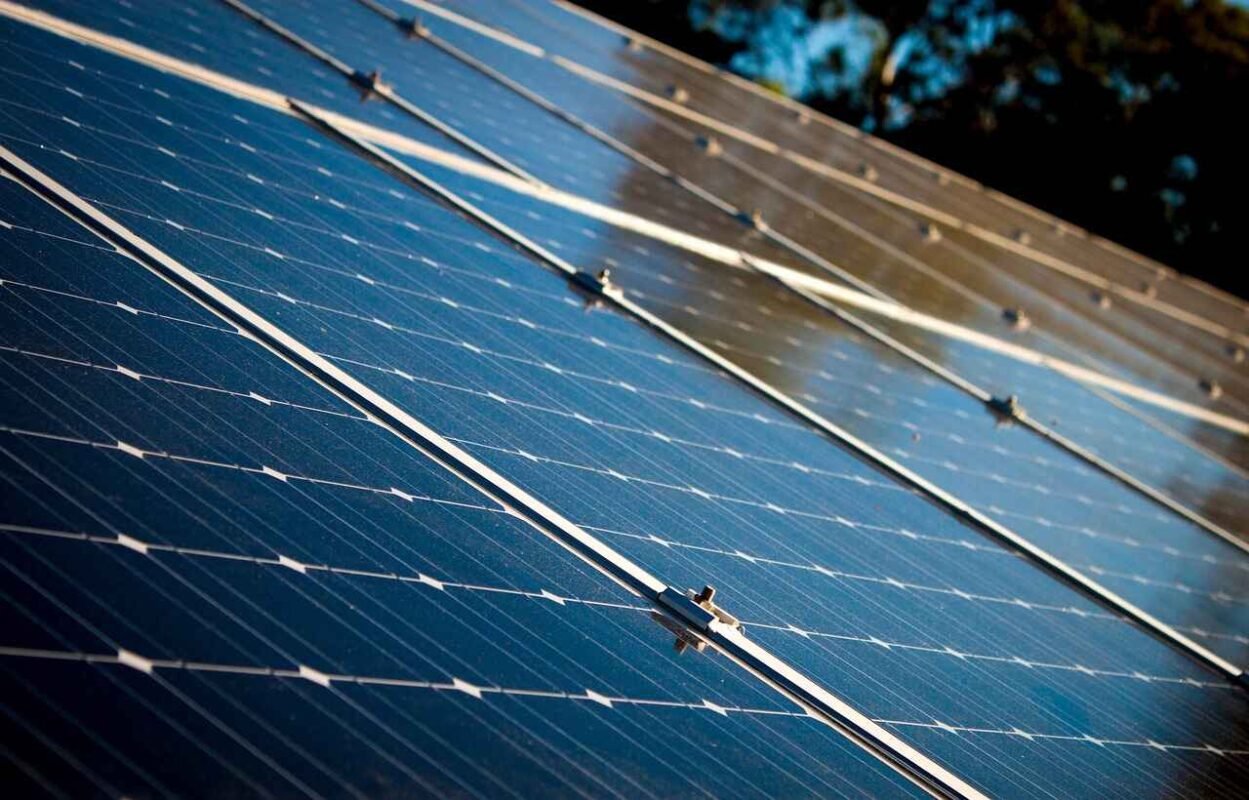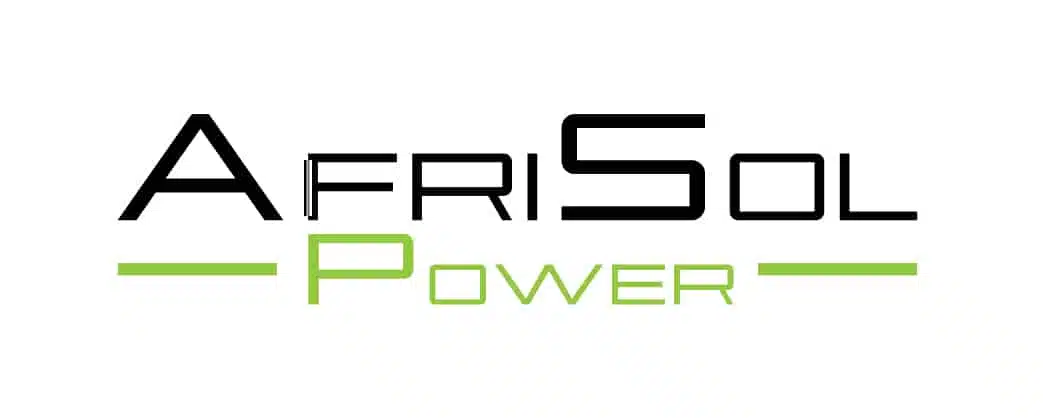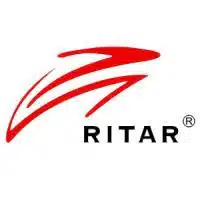Blogs
Solar Energy for Businesses in Ghana: Boosting Efficiency & Savings
Solar Energy for Businesses in Ghana provides a sustainable and cost-effective solution. Discover how solar power boosts efficiency, reduces costs, and supports eco-friendly operations for Ghanaian businesses.
Ghana has a growing interest in sustainable energy solutions. As the country aims to reduce reliance on fossil fuels, solar energy stands out as a promising option. For businesses, this shift can mean lower operating costs and a smaller carbon footprint.
Solar power systems provide reliable energy, even in remote areas. With the sun shining almost year-round, Ghana’s businesses can harness this abundant resource. Investing in solar energy not only supports the environment but also promotes economic growth. This blog explores how businesses in Ghana can benefit from solar energy. Discover why making the switch to solar is a smart move for your business.
Introduction To Solar Energy
Solar energy is a clean and renewable source of power. It uses sunlight to generate electricity. This energy comes from the sun. Solar panels capture sunlight and convert it into usable electricity. Businesses can use this electricity for their operations. Solar energy can help reduce electricity bills. It also helps in reducing carbon footprints. Solar energy is becoming popular worldwide. Ghana is no exception.
Benefits For Businesses
Businesses in Ghana can benefit greatly from solar energy. Here are some key benefits:
- Cost Savings: Solar energy reduces electricity bills.
- Energy Independence: Less reliance on the grid.
- Environmental Impact: Reduces carbon emissions.
- Reliable Power: Consistent energy supply even during outages.
- Maintenance: Solar panels require minimal maintenance.
Let’s explore these benefits in detail:
| Benefit | Description |
|---|---|
| Cost Savings | Businesses save on electricity bills. Solar energy is cheaper in the long run. |
| Energy Independence | Businesses are less dependent on the national grid. This ensures a steady power supply. |
| Environmental Impact | Solar energy is clean. It reduces the carbon footprint. |
| Reliable Power | Solar energy provides a consistent power supply. This is crucial during power outages. |
| Maintenance | Solar panels need little maintenance. They last for many years. |
Current Adoption In Ghana
Many businesses in Ghana are adopting solar energy. This trend is growing. Here are some reasons why:
- Cost of Electricity: High electricity costs push businesses towards solar energy.
- Reliability: Solar energy provides a reliable power supply.
- Environmental Awareness: Businesses are becoming more eco-conscious.
High electricity costs also drive this change. Solar power provides a more stable and reliable energy source. This is essential for businesses. Businesses in Ghana are also becoming more aware of their environmental impact. They are choosing solar energy to reduce their carbon footprint.
Economic Advantages
Investing in solar energy offers numerous economic advantages for businesses in Ghana. These advantages not only improve financial stability but also ensure long-term sustainability. Let’s explore the key economic benefits:
Cost Savings
Switching to solar energy can lead to significant cost savings. Businesses can reduce or even eliminate their electricity bills. This means more money is available for other investments. Solar power systems require low maintenance. This further decreases operational costs.
Additionally, Ghana offers for businesses that invest in renewable energy. Over time, the savings from lower electricity bills outweigh the initial investment.
Return On Investment
The return on investment (ROI) for solar energy is compelling. Most businesses see a return within a few years. This is due to the reduced energy costs.
Here is a quick look at how ROI for solar energy works:
| Initial Investment | Annual Savings | Payback Period |
|---|---|---|
| $10,000 | $2,000 | 5 years |
Beyond the payback period, the savings continue. This results in a positive cash flow for many years. Solar panels often last over 25 years, ensuring long-term benefits. Businesses can enjoy a steady ROI, making solar energy a wise investment.
Environmental Impact
Solar energy presents a significant opportunity for businesses in Ghana. Utilizing solar power can lead to substantial environmental benefits. This section explores how solar energy impacts the environment positively.
Reducing Carbon Footprint
Switching to solar energy can significantly reduce a business’s carbon footprint. Traditional energy sources like coal and natural gas emit large amounts of carbon dioxide. In contrast, solar power generates clean energy with no direct emissions.
By adopting solar energy, businesses can play a crucial role in combating climate change. Reducing greenhouse gas emissions helps to improve air quality and protect public health.
| Energy Source | CO2 Emissions (g/kWh) |
|---|---|
| Coal | 820 |
| Natural Gas | 490 |
| Solar | 0 |
Sustainable Practices
Solar energy supports sustainable business practices. It relies on the sun, an inexhaustible resource. This reduces dependence on finite fossil fuels.
Implementing solar panels on business premises demonstrates a commitment to sustainability. It also reduces energy costs over time. Solar panels require minimal maintenance and can last for decades. This long-term investment aligns with sustainable business goals.
- Reduces energy costs
- Promotes environmental responsibility
- Enhances corporate image
Businesses that adopt solar energy often gain a competitive edge. Customers and partners value companies that prioritize sustainability. This can lead to increased loyalty and new opportunities.
Technological Innovations
Businesses in Ghana are increasingly turning to solar energy. Technological innovations are making this option more viable and appealing. These advancements are transforming how businesses harness solar power. They are also driving efficiency and cost savings.
Latest Solar Technologies
New solar technologies are emerging rapidly. These technologies are more efficient and cost-effective. Some of the latest advancements include:
- Bifacial Solar Panels: These panels capture sunlight from both sides. This increases energy production.
- Solar Tracking Systems: They follow the sun’s path, optimizing energy collection.
- Thin-Film Solar Cells: These are lightweight and flexible. They can be installed on various surfaces.
- Building-Integrated Photovoltaics (BIPV): Solar panels are integrated into building materials. This includes roofs and windows, making them unobtrusive.
Efficiency Improvements
Recent innovations are significantly improving solar panel efficiency. Higher efficiency means more energy from the same amount of sunlight. Some key efficiency improvements are:
- Perovskite Solar Cells: These are promising due to their high efficiency and low cost. They are also easier to produce.
- PERC Technology: Passivated Emitter and Rear Cell (PERC) technology enhances cell efficiency. It does this by reflecting unused light back into the cell.
- Quantum Dot Solar Cells: These cells use tiny particles to capture light more efficiently. They are still in development but show great potential.
Businesses in Ghana can benefit greatly from these technological innovations. These advancements make solar energy more accessible and efficient. They help reduce operational costs and promote sustainability.
Regulations And Compliance
Businesses must comply with regulations and standards when using solar energy. The government has set up guidelines to ensure safe and efficient use of solar power. These regulations cover:
- Installation standards
- Maintenance requirements
- Energy output monitoring
Businesses must follow these guidelines to avoid penalties. The regulations ensure that solar energy systems are safe and reliable. Compliance also helps businesses maintain a steady and efficient energy supply.
Challenges And Solutions
Implementing solar energy solutions in Ghanaian businesses presents both challenges and solutions. This section will explore two primary obstacles: initial setup costs and maintenance and reliability. By addressing these issues, businesses can better understand the potential of solar energy and how to overcome related hurdles.
Initial Setup Costs
One of the biggest challenges for businesses in Ghana is the initial cost of setting up a solar energy system. Solar panels, inverters, and batteries require significant investment.
Here’s a breakdown of typical costs:
| Component | Estimated Cost (USD) |
|---|---|
| Solar Panels | 10,000 – 20,000 |
| Inverters | 5,000 – 10,000 |
| Batteries | 8,000 – 15,000 |
These costs can be daunting. Businesses might find it hard to allocate funds for such a large upfront expense.
Financing options are available to ease this burden:
- Bank loans tailored for renewable energy projects
- Lease-to-own programs from solar providers
Maintenance And Reliability
Maintenance and reliability are crucial for the long-term success of solar energy systems. Solar panels need regular cleaning to ensure efficiency.
Common maintenance tasks include:
- Cleaning panels to remove dust and debris
- Inspecting connections and wiring
- Checking battery health
Businesses may worry about the reliability of solar systems. Ghana’s climate is favorable for solar energy, yet occasional equipment failures can occur.
Solutions to enhance reliability:
- Regular professional maintenance checks
- Investing in high-quality components
- Having a backup power system
By addressing these challenges head-on, businesses in Ghana can harness the power of solar energy effectively.
Case Studies
Solar energy is gaining traction among businesses in Ghana. Companies are seeing the benefits of renewable energy. This section explores real-life examples. We will examine successful implementations and lessons learned.
Successful Implementations
Several businesses in Ghana have adopted solar energy with impressive results. Here are some examples:
- Accra Mall: This popular shopping center has installed a 500 kW rooftop solar system. It reduces their electricity costs by 30%.
- Blue Skies: This fruit juice company uses a 1 MW solar system. It powers their production during peak hours.
- Golden Tulip Hotel: This hotel has a 200 kW solar installation. It saves them significant energy costs annually.
These examples show that solar energy can be a viable solution. Businesses in Ghana can benefit from lower energy costs. They also contribute to environmental sustainability.
Lessons Learned
Implementing solar energy systems in Ghana comes with challenges. Here are some key lessons learned:
- Proper Planning: Adequate planning is crucial. It ensures that the solar system meets the business’s energy needs.
- Maintenance: Regular maintenance is essential. It ensures the solar panels operate efficiently.
- Local Expertise: Engaging local experts is beneficial. They understand the specific conditions in Ghana.
By learning from these experiences, more businesses can successfully implement solar energy. The benefits are clear. Lower costs and a positive environmental impact.
Future Prospects
Solar energy presents a bright future for businesses in Ghana. As the world embraces renewable energy, Ghana is poised for significant growth in this sector.
Market Growth
The market for solar energy in Ghana is expanding rapidly. More businesses are investing in solar power due to its long-term cost savings. This support encourages businesses to adopt solar energy solutions.
According to recent data, the solar energy market in Ghana is expected to grow by 10% annually. This growth is driven by the increasing cost of traditional energy sources. Additionally, there is a rising awareness of environmental issues among Ghanaians.
Potential Developments
Several potential developments could further boost the solar energy sector in Ghana. First, advancements in solar technology could reduce installation costs. This would make solar energy more accessible to small and medium-sized businesses.
Second, the development of local solar manufacturing facilities could lower the cost of solar panels. Currently, many solar components are imported, increasing the overall cost. Local production would mitigate these costs and create jobs.
Third, partnerships between the public and private sectors could lead to large-scale solar projects. These projects would provide stable power to businesses and reduce reliance on the national grid.
Finally, education and training programs could help build a skilled workforce in the solar industry. This would ensure that Ghana has the expertise needed to maintain and expand its solar infrastructure.
| Future Prospects | Details |
|---|---|
| Market Growth | 10% annual growth, rising energy costs. |
| Potential Developments | Advancements in technology, local manufacturing, public-private partnerships, training programs. |
These future prospects highlight the potential of solar energy for businesses in Ghana. By embracing these opportunities, Ghana can lead the way in renewable energy adoption in Africa.
Frequently Asked Questions
What Are The Benefits Of Solar Energy For Businesses In Ghana?
Solar energy reduces electricity costs and provides a reliable power source. It also promotes sustainability and can improve your business’s green credentials.
How Much Can Businesses Save With Solar Energy?
Businesses can save up to 70% on electricity bills. The savings depend on the system size and energy consumption.
Is Solar Energy Reliable In Ghana?
Yes, Ghana receives ample sunlight year-round. Solar energy systems can provide consistent and reliable power for businesses.
How Long Does It Take To Install Solar Panels?
The installation of solar panels typically takes a few days. This depends on the system size and roof conditions.
Conclusion
Solar energy offers great potential for businesses in Ghana. Solar Energy for Businesses in Ghana reduces energy costs, enhances energy security, and supports sustainability efforts. Learn how adopting solar power can boost efficiency and reliability for Ghanaian businesses. Many businesses already benefit from solar solutions. Embrace solar energy to stay competitive. Contribute to a greener future.
Investing in solar energy is a smart choice for your business. Save money and protect the environment. Start your solar journey today. The future is bright with solar energy in Ghana.









